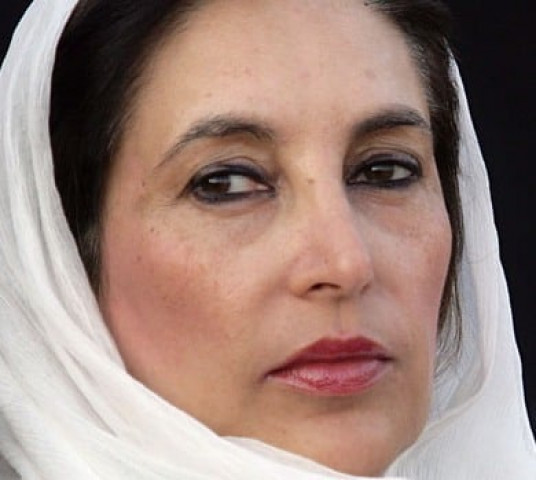The government’s decision to file a judicial review reference to reopen the case of Zulfikar Ali Bhutto, in which he was convicted of murder and sentenced to hang, has come under much opprobrium from various quarters.
There is a view that reopening this 32-year old case is basically just a ploy to divert attention from the various follies that this government has committed, ranging from the fiasco that was the National Reconciliation Ordinance, to the botched-up restoration of the judiciary to the various corruption scandals that have dogged the Pakistan Peoples Party’s (PPP) fourth dispensation in power.
However, whatever side of the political divide one may belong to, it must be noted that the PPP founder’s trial that sent him to the gallows was not that of an ordinary criminal or a small-time neighbourhood bully, but of Pakistan’s first democratically-elected prime minister, who was the father of the country’s nuclear programme, the 1973 Constitution and the policy of building an indigenous defence manufacturing base. The personal prejudice of the judges who voted for the capital punishment is now well-documented, with former Chief Justice Nasim Hasan Shah who sat on the trial, even admitting in his memoirs that the judges had been guilty of bias.
Even the Italian astronomer Galileo Galilei, who was excommunicated by the Catholic Church in 1633 for challenging its dogmas, got a pardon after nearly 360 years had passed. Thirty-two years is but a fleeting moment in a nation’s history, especially of one that has spent 36 of its 63 years under military rule.
The present judiciary takes much pride in restoring the independence of the judicial branch of the state that was enshrined in the 1973 Constitution. Surely, as a nation we owe this much to the man who gave us our Constitution in the first place, that the allegations of miscarriage of justice that dogged his trial and which led to his eventual execution be looked into and the matter be decided once and for all, that whether there is substance or not in these accusations or whether he was, as many have said, a victim of “judicial murder”.
ZAB case: Revisiting history is necessary
The personal prejudice of the judges who voted for the capital punishment is now well-documented.



COMMENTS
Comments are moderated and generally will be posted if they are on-topic and not abusive.
For more information, please see our Comments FAQ